If the idea of hitting the road during winter strikes you cold (pun intended), you may miss out on some wonderful experiences. But don’t just take our word for it. Erika, a professional wedding photographer and owner of Smith & Co. Photography, and Peter, a firefighter, along with their Corgi pup Poppy, have been winter camping with their TAB (nicknamed Atlas) since 2019. The Smith’s home base is in Bellingham, WA, and they spend an average of 100 days a year camping in Atlas.
“We’re both in our early 30’s, and we bought Atlas in 2019, pretty much the best last thing we did in our 20’s,” said Erika. “We found Atlas in Port Townsend through Vanilla TAB forum. She was about six months old, and it was a little crazy towing a brand-new trailer on the ferry for our very first tow. But it was also love at first sight.”
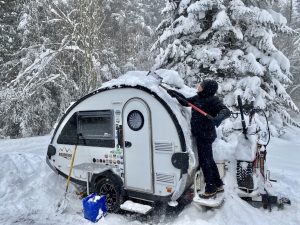
Although they had previously tent-camped in the winter, Erika said when they used their TAB on Orcas Island in a snowy February. “
We had the best four days ever! A warm camper that perfectly towed in the snow, and everything charged on solar…. even with an inside bathroom. Heaven!” she said. “When you have four adults and three dogs sitting in your table area at 11 p.m., laughing and sharing a glass of wine, it’s hard to ever go back to the idea of chilly tents.”
Part of what has made it such a great experience is the camper they chose: a 2019 TAB 320S Boondock Edge. As Erika explained, “This means our package is really designed for the abuse we put it through. These things are built like tanks. Nothing is built like a nuCamp rig.”
Winter camping preparation
Staying warm
Enjoying the cold winter weather did take some advance planning and retrofitting of the TAB to help it withstand the elements.
The couple purchased an awning from Isabella Camping, which creates a fully enclosed space that doubles their camping real estate when it’s cold. The awning has survived three feet of snow in 12 hours and lots of rainy days.
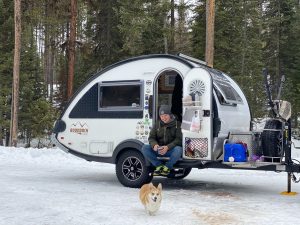
To keep cozy inside the camper, they have wool blankets on the bed and a sheepskin rug that insulates the chilly floor “and acts as a soft dog bed when the pup isn’t in ours!” added Peter.
“We also dearly believe in our propane heaters and fireplace,” said Peter. “It’s okay and good to be outside in the winter. Just be prepared! Winterize early and learn to flush the toilet with a jug of water or an antifreeze mix. We’ve had some really cold nights — 0 degrees F and, most recently, 9 degrees F. But it’s all totally comfortable if you prepare.”
One trick they use is to preheat the trailer with a Mr. Heater Little Buddy heater if they have time. “It saves power, propane, time, and chilly pain when you arrive if the temp is overall higher inside,” said Peter. “We also use the Little Buddy Heater for safe warmth for the awning when it’s enclosed.”
Keeping power
They had installed lithium batteries and an inverter. nuCamp now offers a lithium package with the 2023 model year. For more information about lithium batteries, reach out to our Technical Support Team at tech@nucamprv.com or your local nuCamp dealer.
“(Lithium batteries) power us for an eternity,” said Erika. “They can charge everything, run all the lights, power up your laptop, blow dry your snow-soaked hair, watch The Office Christmas episodes on repeat. They’re fantastic and are the biggest essential for boondocking the way we do.”
Having a reliable tow vehicle
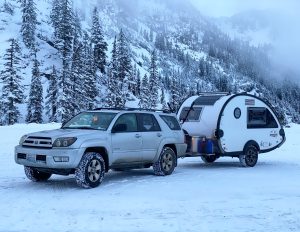
Equally important is to have the right tow vehicle, especially if you’re going to be dealing with snow and ice. The couple started towing using a 2003 4Runner, which Peter said handled any snow conditions like a champion. Just to be on the safe side, he added, “we made sure our tires were beefy and tested the truck out alone in snow every season before towing.”
Recently, they upgraded to a Chevy Colorado ZR2. “It’s a diesel and gets much better mileage while towing,” Peter said. “We’ve always wanted a vehicle that killed off-road travel, and with the Colorado, adding our trailer was no problem.”
Although they felt they were fully prepared, he admitted they did run into a bit of a problem in 2021. “We got really stuck in the snow and almost lost the trailer once. Since then, we have fully invested in chains just in case.”
Other preparation tips
Before each trip, they do the equivalent of a pre-flight check. They ensure all tanks are empty and cleared (they only use the black tank in winter), all systems are functioning, and all batteries are fully charged. They also verify that all windows and vents are sealed, and the port-hole windows are insulated.
As for food, the couple generally brings quick easy-to-fix meals for long snow camping trips: boxed soups, charcuterie items, wraps, hummus, sliced deli meat, veggies for snacking, and canned items for tacos, for example, along with extra food for Poppy, in case of delays or road closures. And they both said to remember to bring “hot chocolate with peppermint schnapps for those really cold evenings!”
Newbie winter camping mishaps
While they are now relatively experienced at winter camping, it wasn’t always the case. Peter recalled one experience when they were still relative newbies.
“We had no idea how frozen things got,” he admitted. “Try camping at a hot spring on Lolo Pass near Montana in a December snowstorm and not only have your batteries fail but also all your hardware freeze. No unhitching the trailer tongue coupler for us! No opening any hardware on the outside of the trailer for us either! Let’s make it funnier and say our external water tank totally froze, meaning we had the other water tank half full in the truck, and no thawed back up. We learned to keep our water rotating after that!”
As if that wasn’t enough of a challenge, the interior of the trailer dropped to 30 degrees during the night. “We made hot cocoa, kept the kettle on the stove to warm the trailer, and played games by our battery-powered lights we’d kept for decoration. The inside of the door started to frost, Poppy’s water bowl froze, and while the Alde kept us safe, it was not quite as warm as we wanted.”
The bottom line, according to Peter, is to know your camping limits. “For us, that limit was zero degrees. It’s an ‘at your own risk’ deal after a certain temperature.”
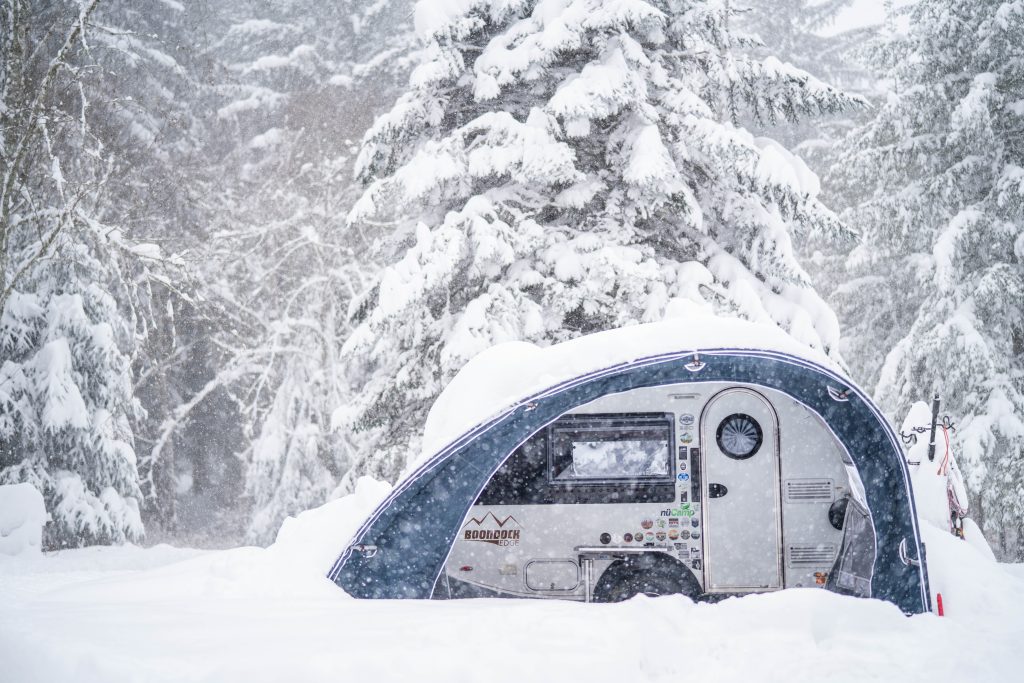
Favorite winter camping spots
While the couple has visited a wide range of locales, they do have some favorite winter camping destinations, starting with national parks. “We went to Glacier in February and shared the entire Apgar campground with a lone ice fisherman,” said Erika. “It was absolutely beautiful, and gave us a sense of what we wanted to see when we returned in spring.”
They also love to camp near any hot spring, “specifically near Stanley, Idaho or Lolo Pass, Montana,” said Erika. “When it’s cold 24/7, hiking to a remote spring and watching snow fall on the trees around you is basically heaven. Double bonus is that the springs aren’t as crowded when they’re harder to get to due to snow.”
Being on top of the mountains is another preferred destination. “Many ski areas have lots where you can pull in and stay for the night,” said Erika. “We’ve met some awesome like-minded campers in the evenings that way. We love Mount Baker Ski Area, as it’s only an hour away and gets quite busy with normal day traffic early. Starting a snowshoe or ski mountain day in your bed with coffee, then stepping right out to your winter playground is epic.”
Two other spots they really like in Washington are Baker Lake — “all boondocking, no service, lake access, mountain views, a hot spring nearby,” said Erika — and Doe Bay Resort on Orcas Island. “No hook-ups, but a super beautiful campground right near the water with a general store, tiny restaurant, and paid hot springs and sauna,” she noted. “It’s luxury, but getting on the ferry, having amenities, and being right on the ocean in the snow is pretty special.”
Pros and cons of winter camping
When asked, Peter admitted that some aspects can make winter camping less than enjoyable.
“Other than getting really stuck?” he asked wryly. “One would be losing power or running out of propane for heating, cooking, and the fireplace. One night in Nevada, it was 15 degrees, and our Alde decided to quit. That was our lesson in checking your glycol. We slept for three hours at a rest stop and were so cold we just got back on the road.”
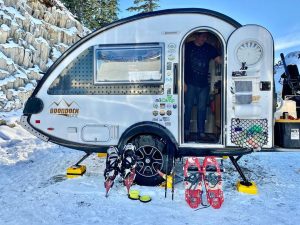
Another issue you may run into is seasonal closures to popular attractions, roads, or camping locations. There’s also the issue of unpredictable weather.
“We were coming back from Idaho to Washington, and they closed the road behind us, so we took a surprise detour through Montana instead!” Peter said. “Build in time to drive slower and change plans if needed,” he advised.
But even though there may be drawbacks, the couple noted there are benefits as well that come with winter camping: “Less people, less traffic, off-season prices, no need for A/C, easier reservations, no bugs, and different scenery,” Peter said. “We could go on forever!”
For even more about Erika, Peter and Poppy, visit their Instagram page and check out their YouTube channel.
Note: nuCamp teardrop trailers are considered three-season campers. You can still camp in winter; however, you will need to winterize your camper before hitting the road. This is considered “dry camping.” Winterizing your trailer will protect your plumbing, which is not designed for use in freezing temperatures. If you have any questions, please reach out to our Technical Support Team at tech@nucamprv.com.
One response to “Erika and Peter Share Their Winter Camping Experiences”
Recent Articles
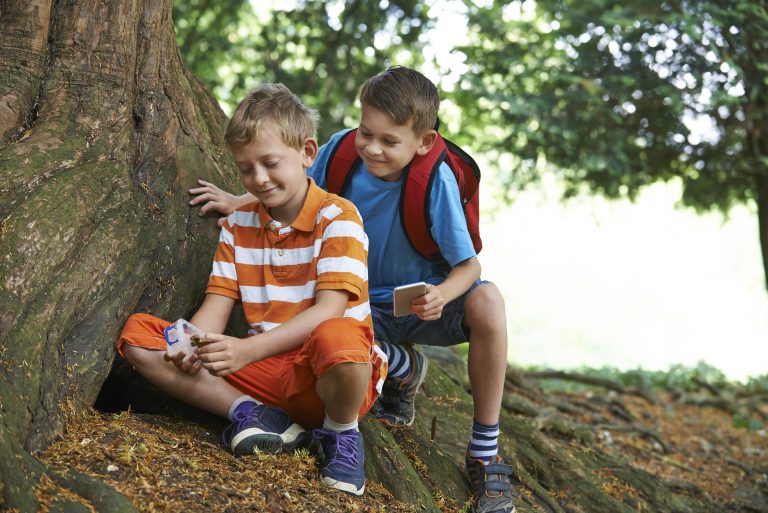
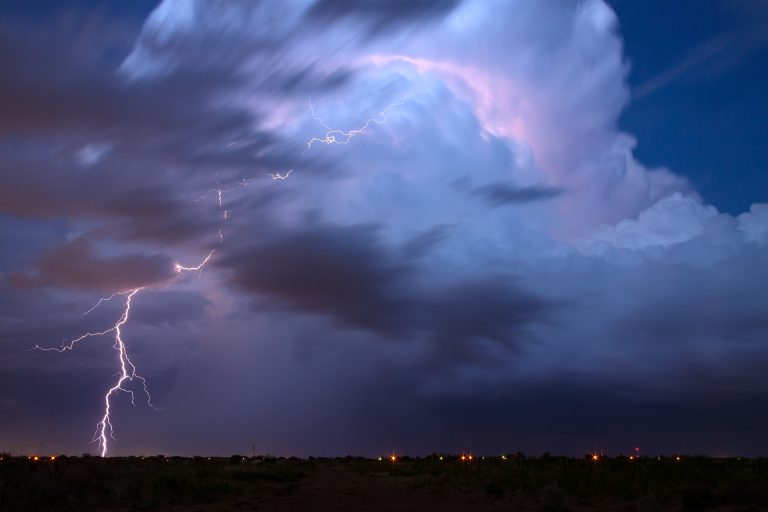
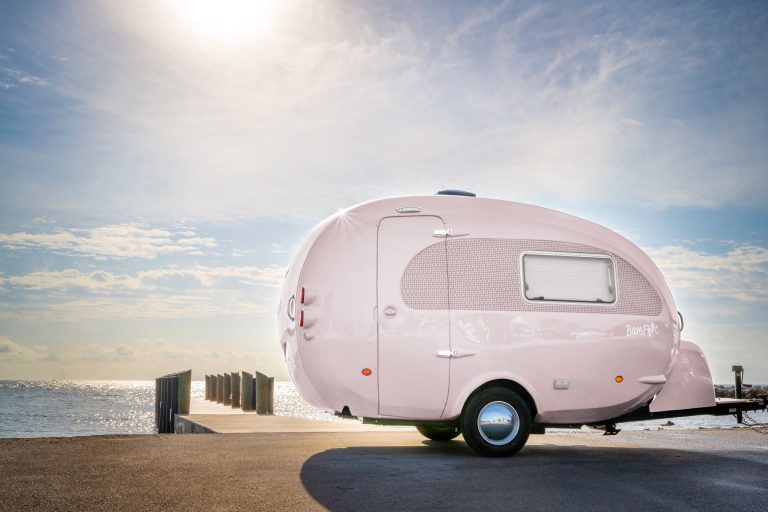
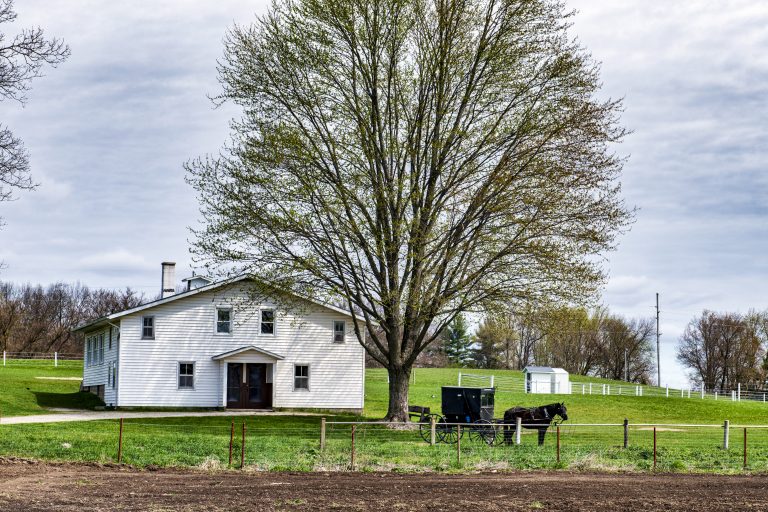


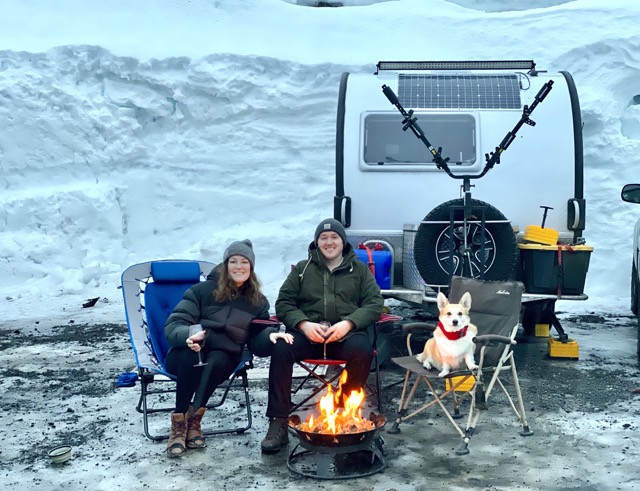

lovely write up! thx for sharing… winter hasnt been bad here in santa fe. my lil 320s Sofitel has kept me cozy many night down into teens, and sometimes single digits. I dont think it gets below 50 degrees in mine.
I’ve loved living in the teardrop off and on the past 3 years. The time has come to sell her and set her free again. If any of yall are interested, shoot me an email and an offer.
Wishing you all a cozy “6 more weeks” winter!